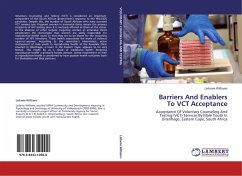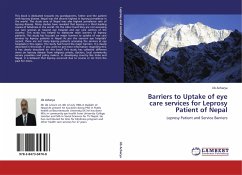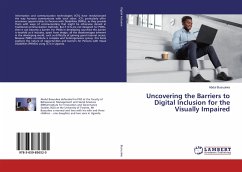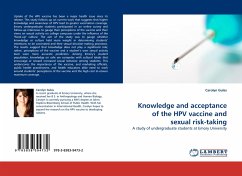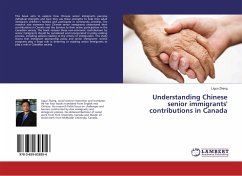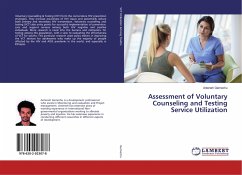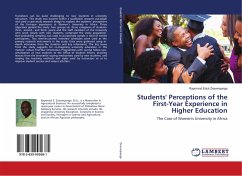Voluntary Counseling and Testing (VCT) is considered an important component of the South African government's response to the HIV/AIDS pandemic. Despite this, the number of South Africans who have accessed VCT remains low. Pregnant women in antenatal clinics remain the primary recipients of HIV testing since it is routinely offered to them at the clinics. In the absence of other targets, targeting women at antenatal clinics perpetuates the stereotypes that women are solely responsible for reproductive health issues or that they are to be blame for the mounting number of HIV infections. These beliefs exacerbate the levels of violence against women. According to the researcher's observation, active involvement of male youth in reproductive health at the Rosedale Clinic situated in Uitenhage, a town in the Eastern Cape, appears to be very limited. This might be as a result of traditional beliefs declaring reproductive health a primarily female domain. Active involvement of men in reproductive health is considered to have positive health outcomes both for themselves and their partners.

